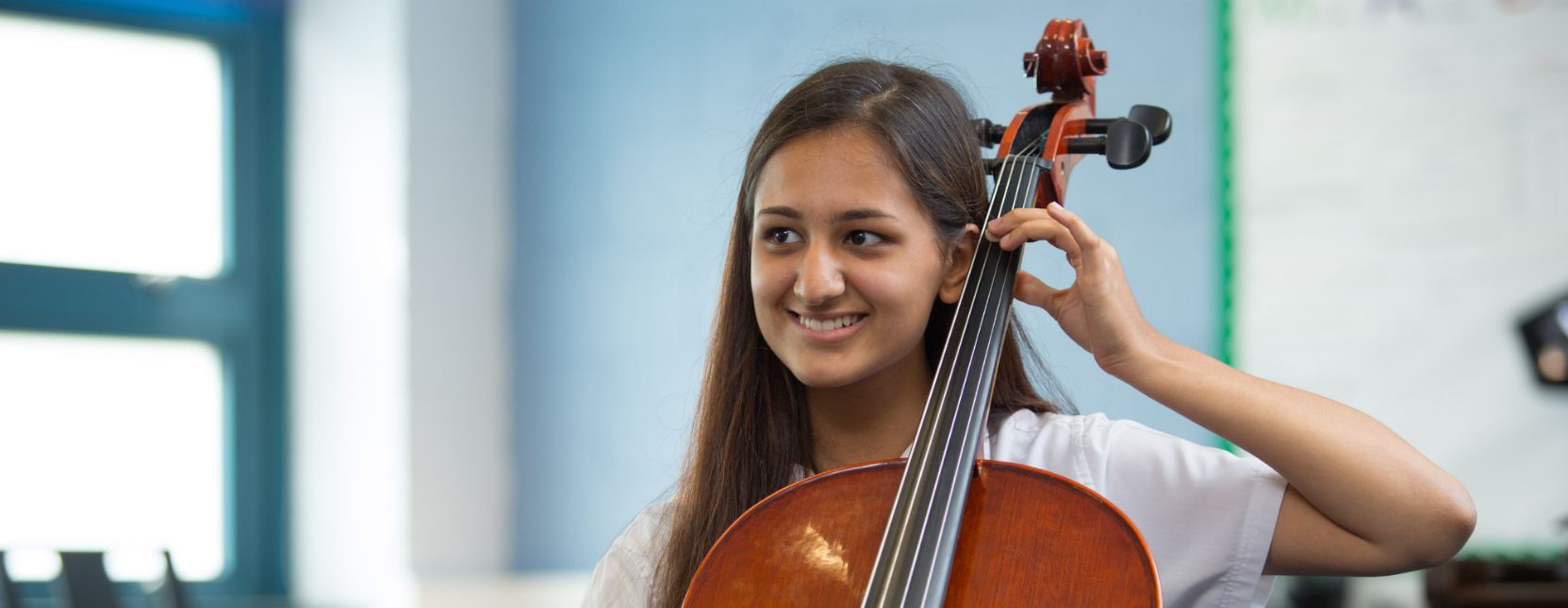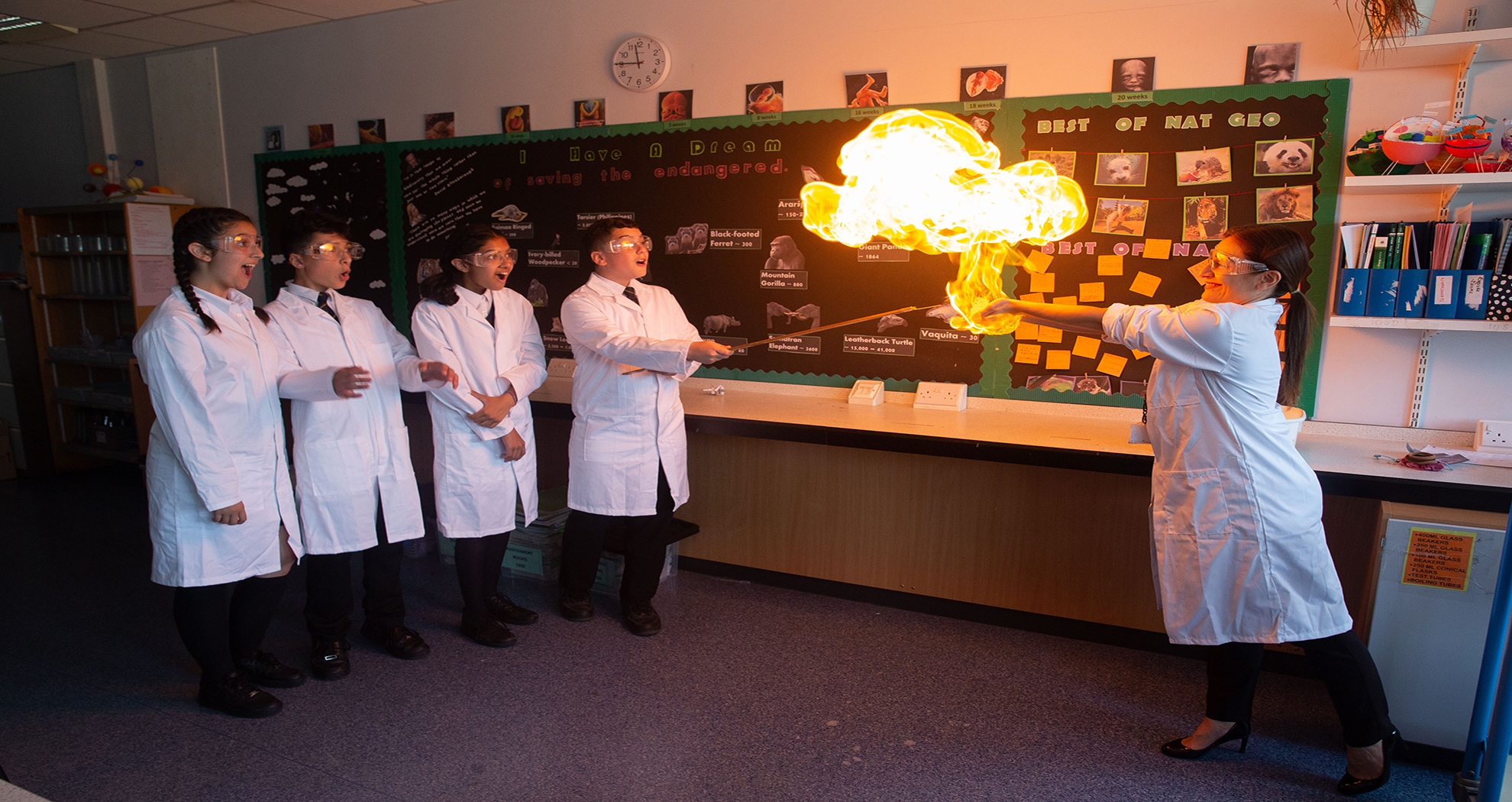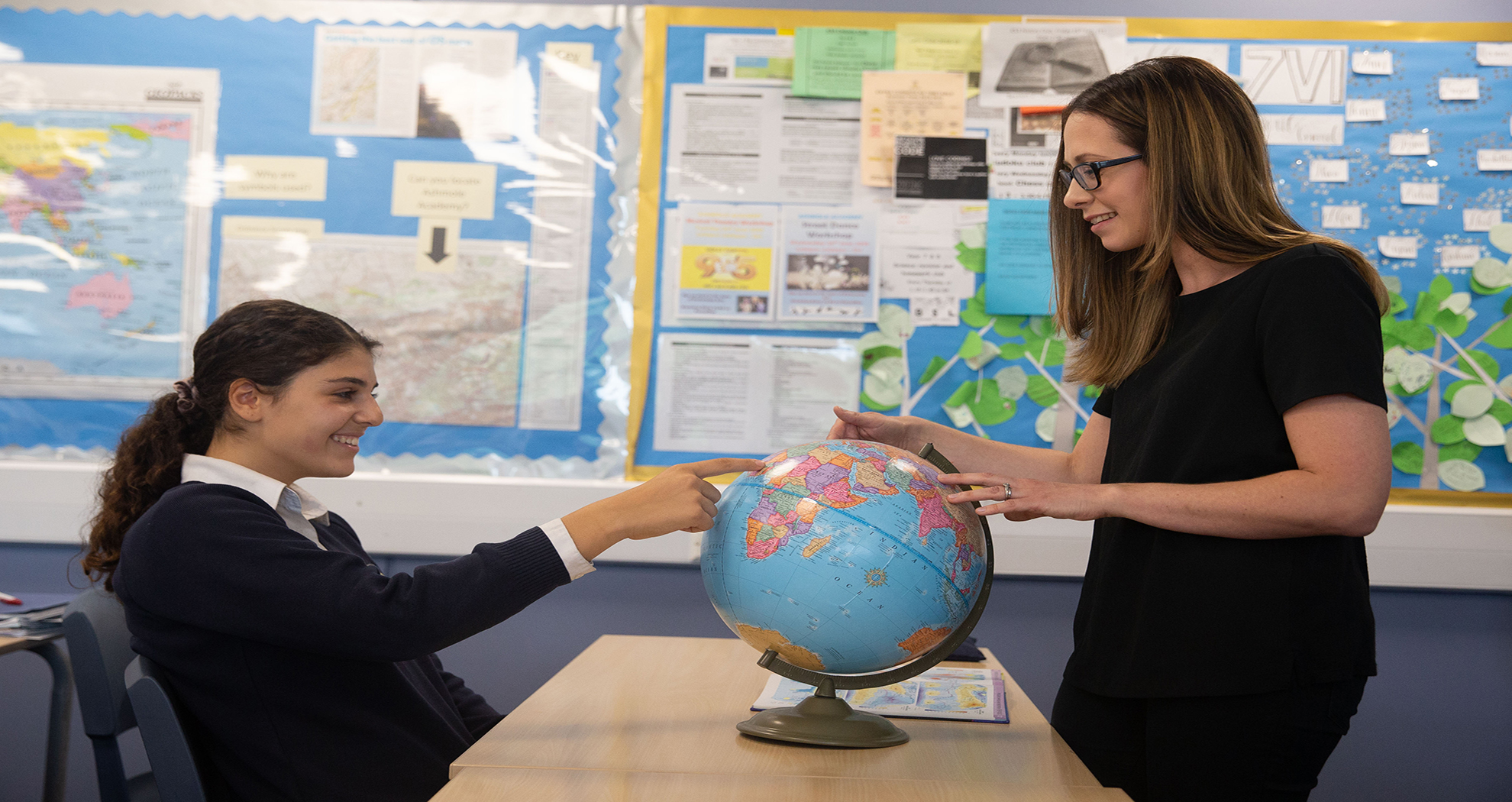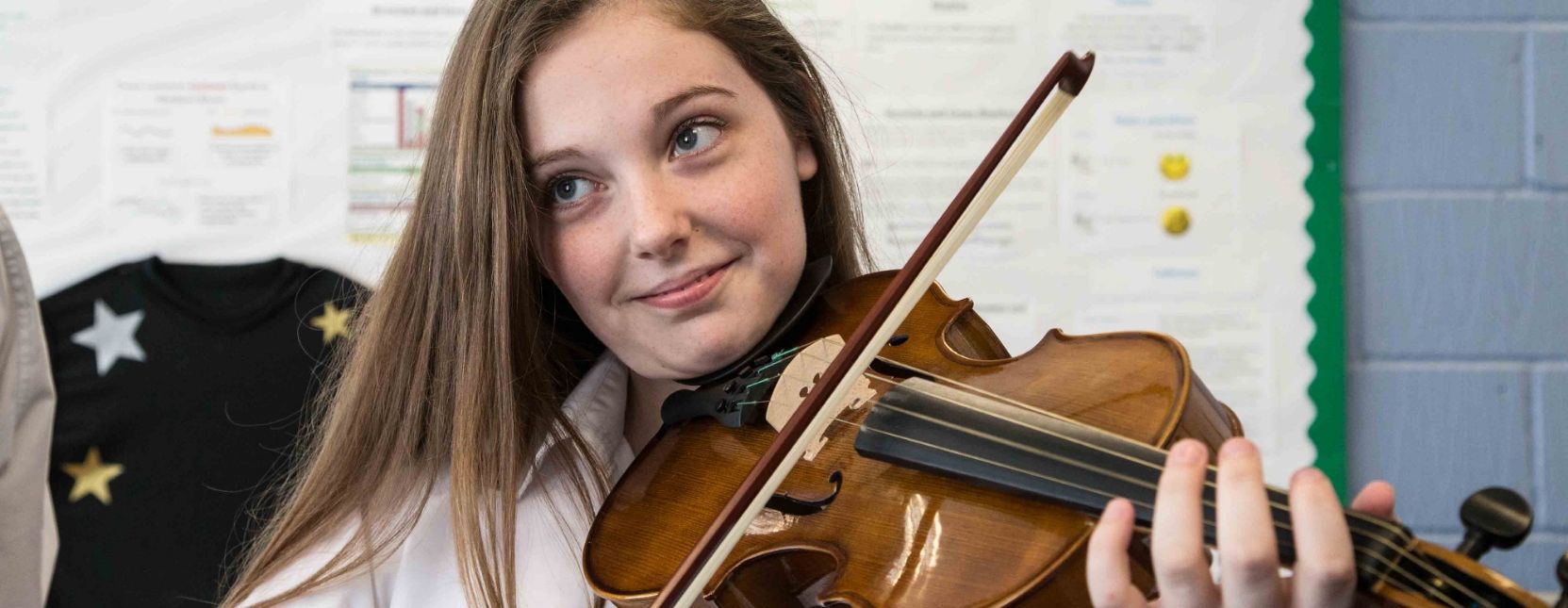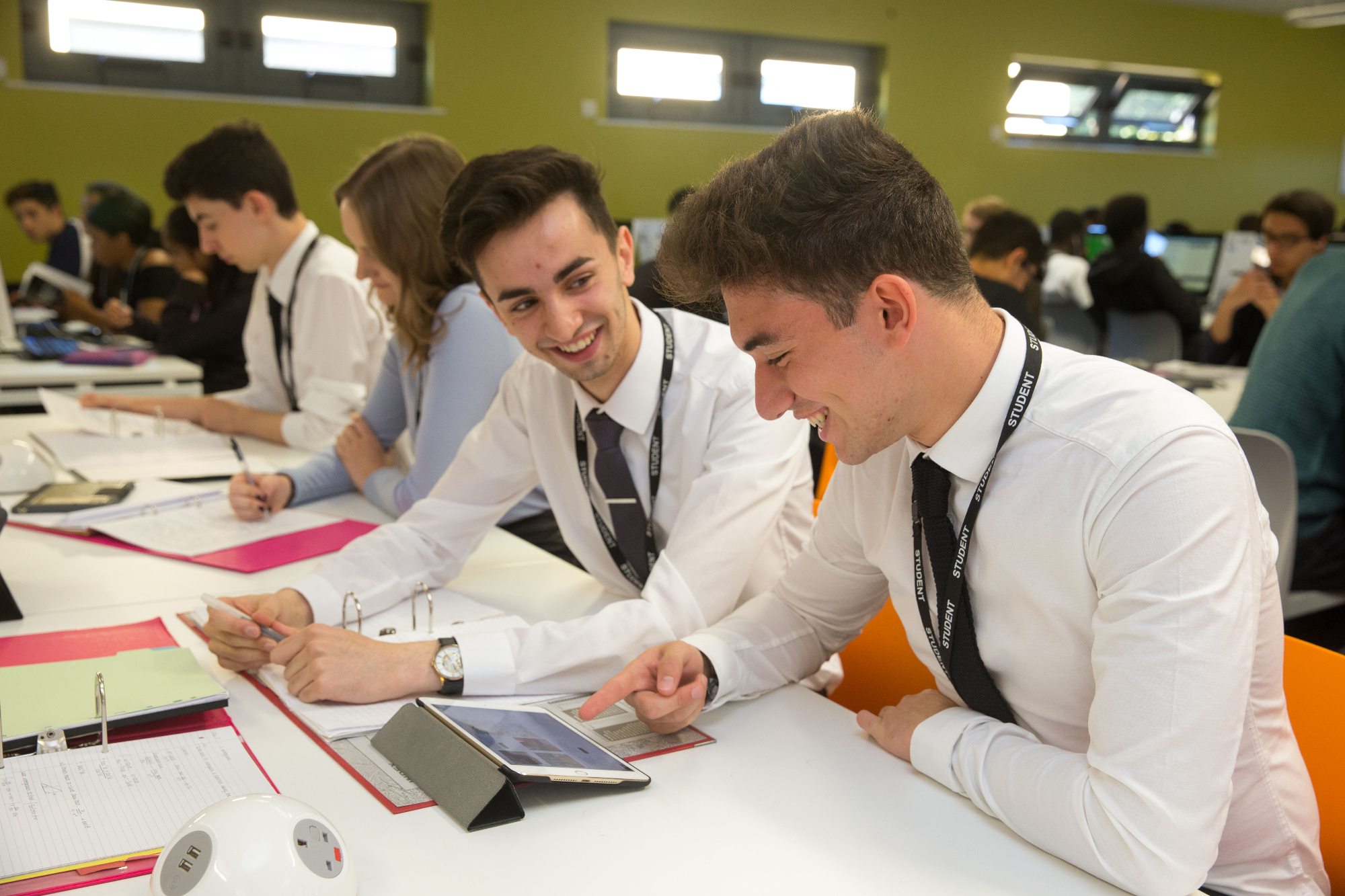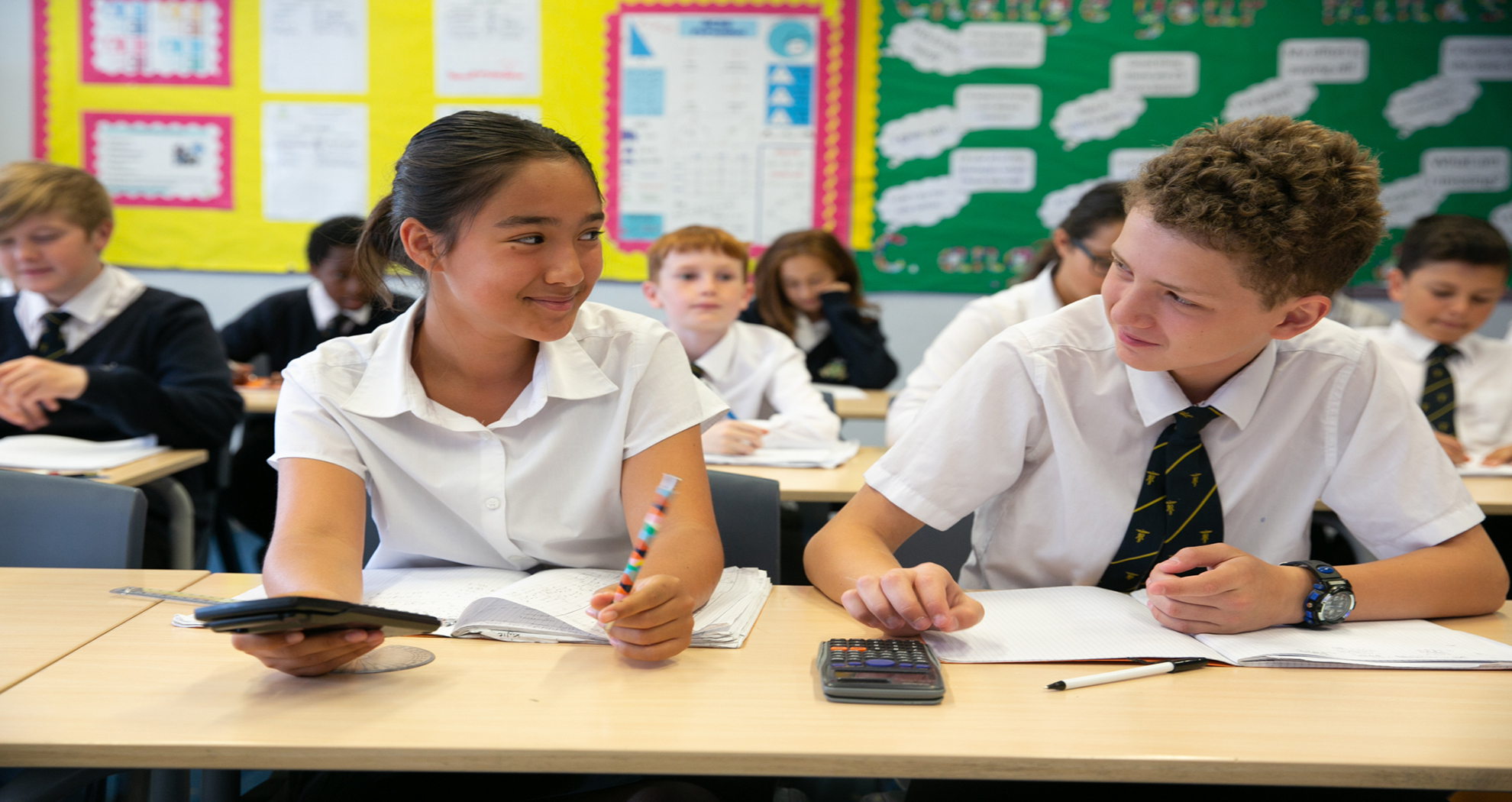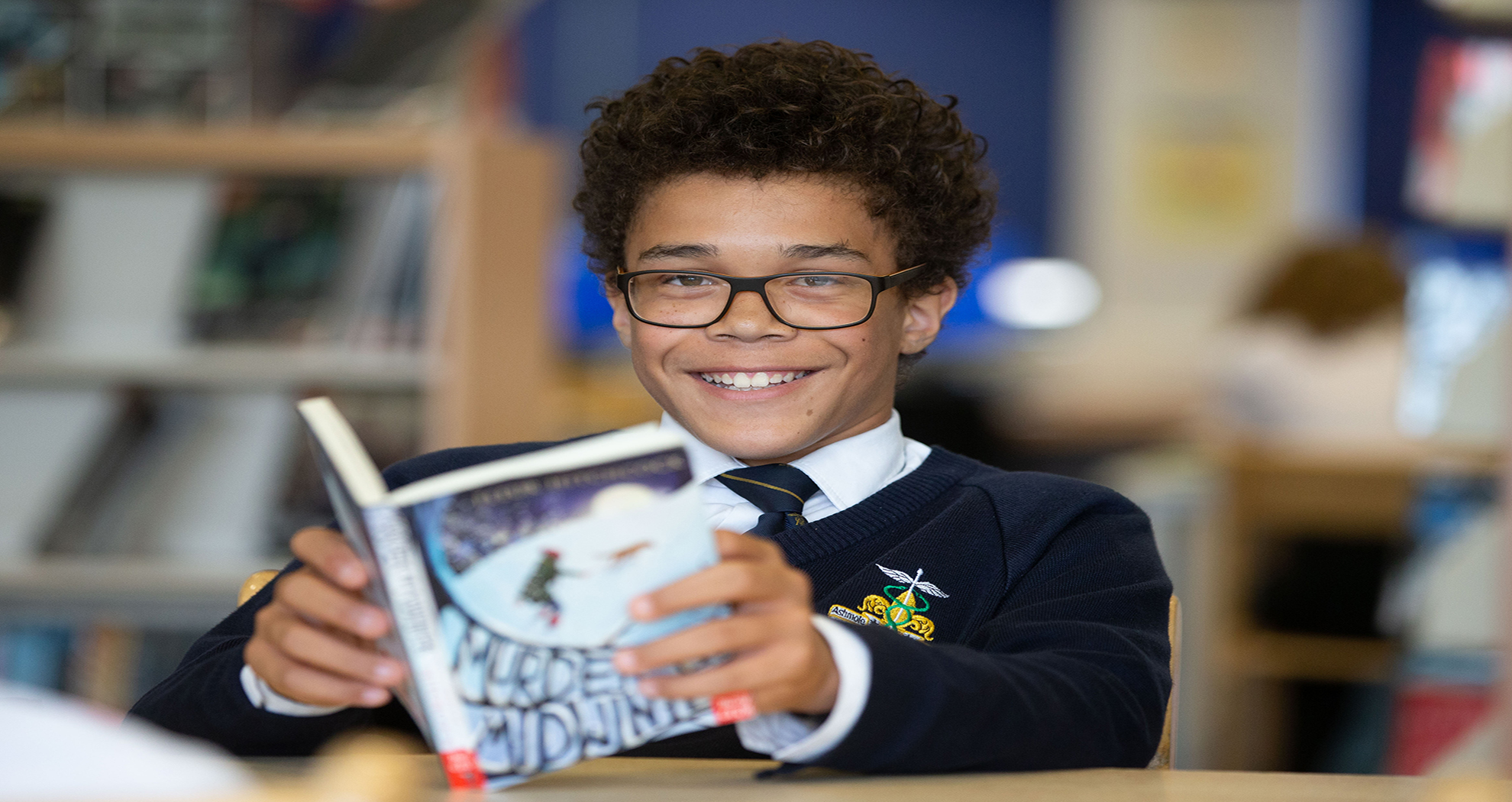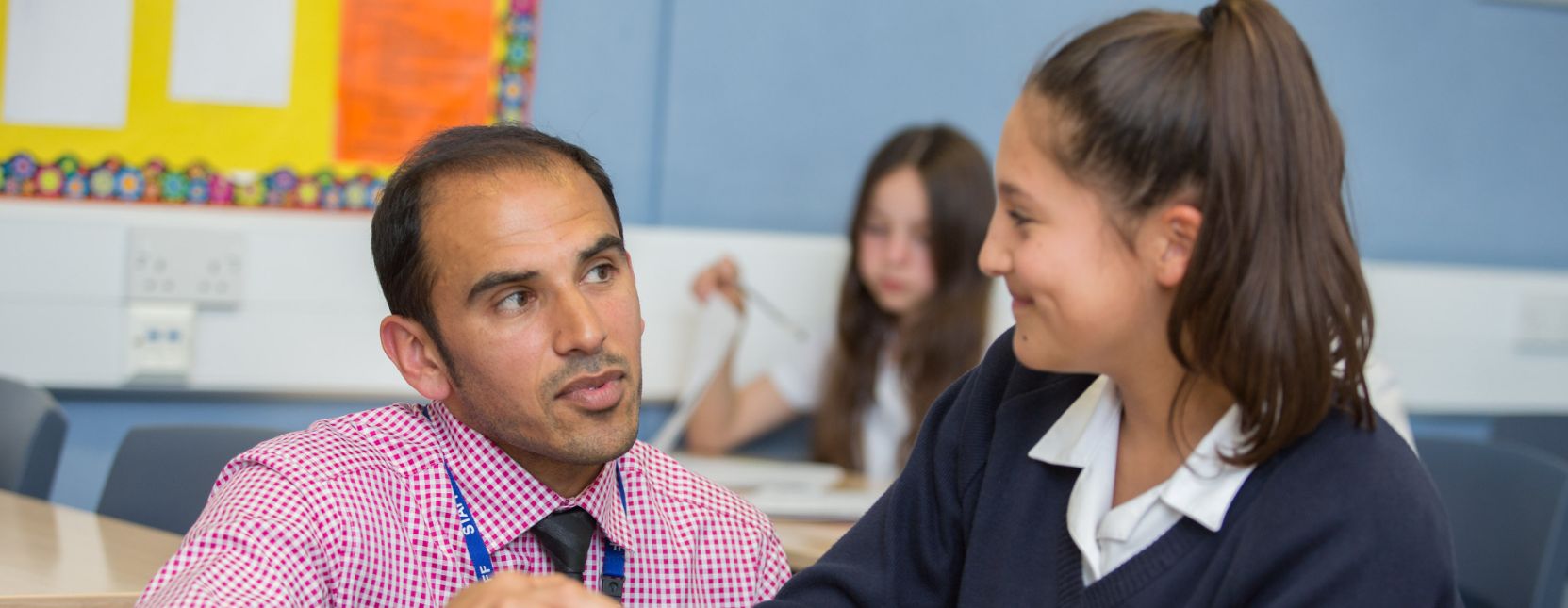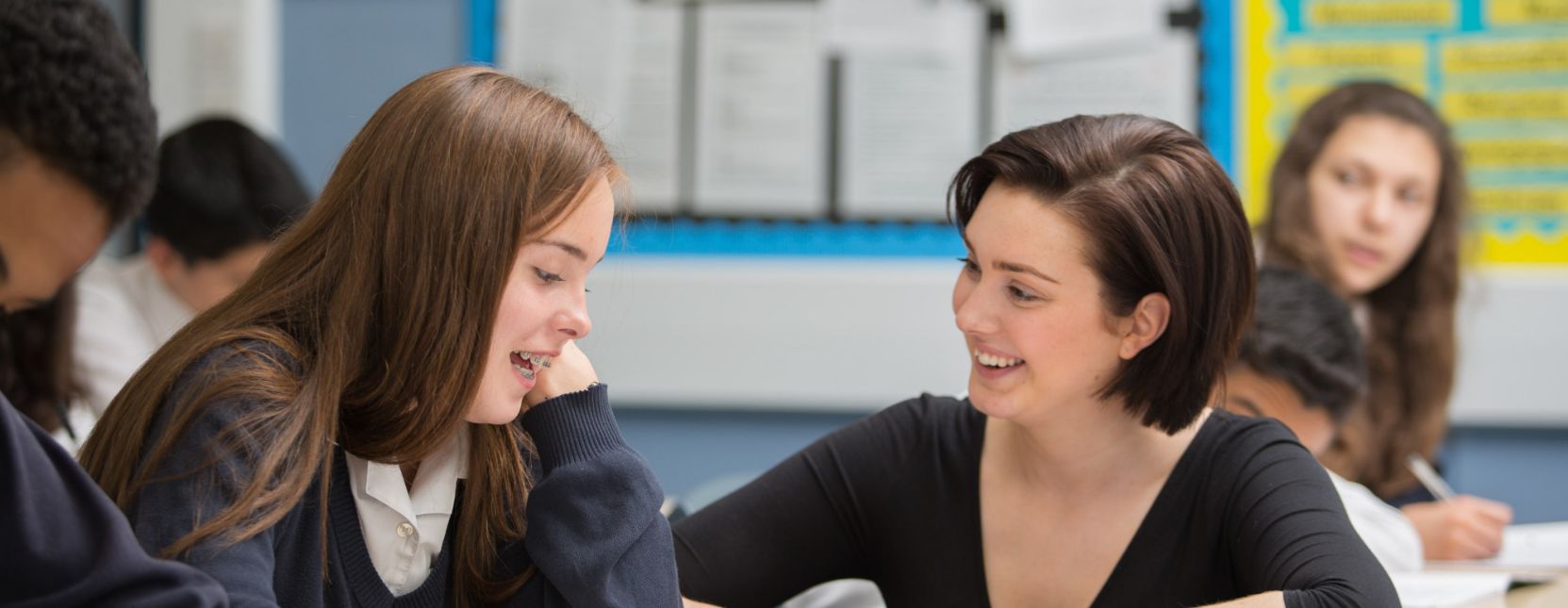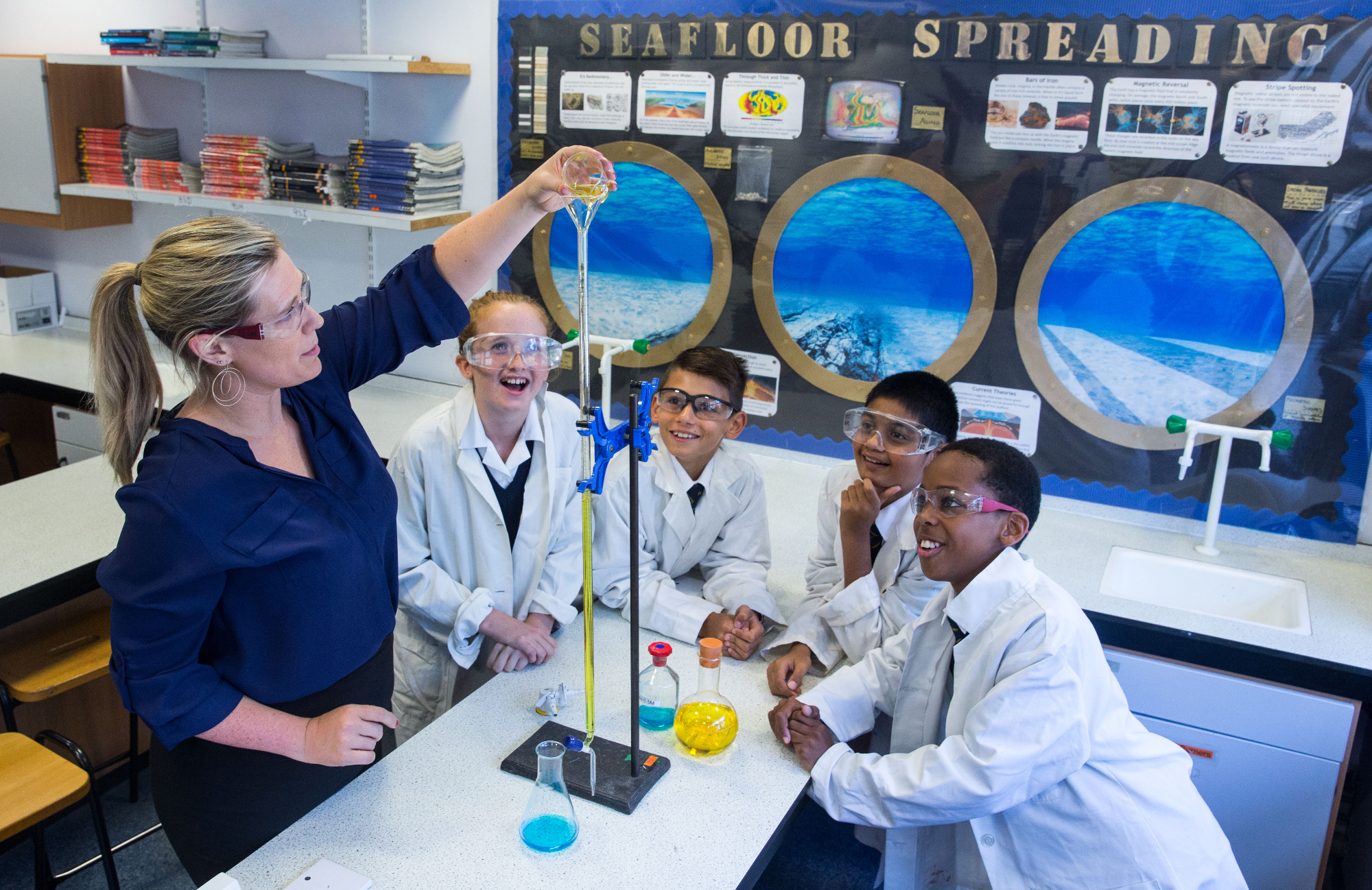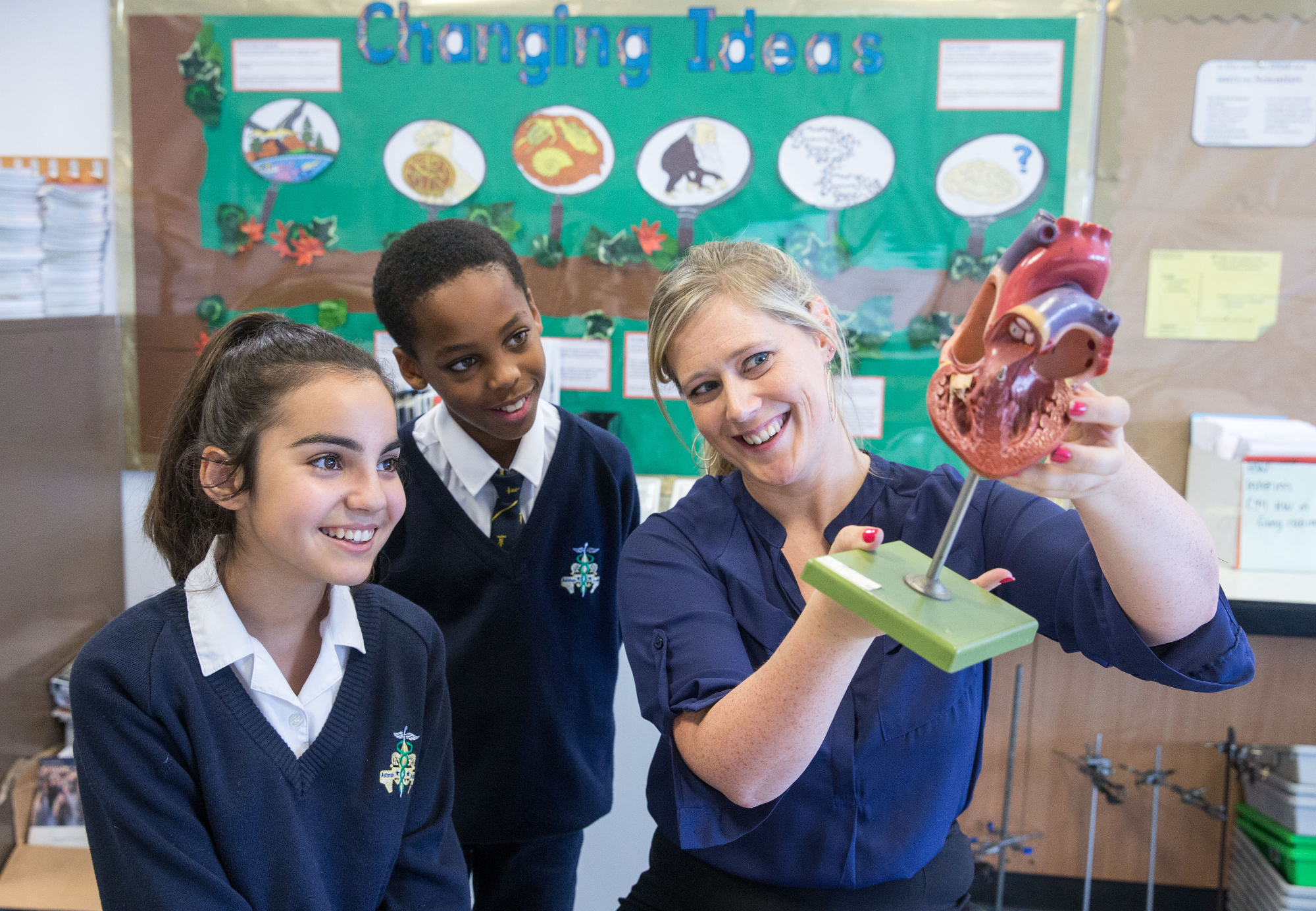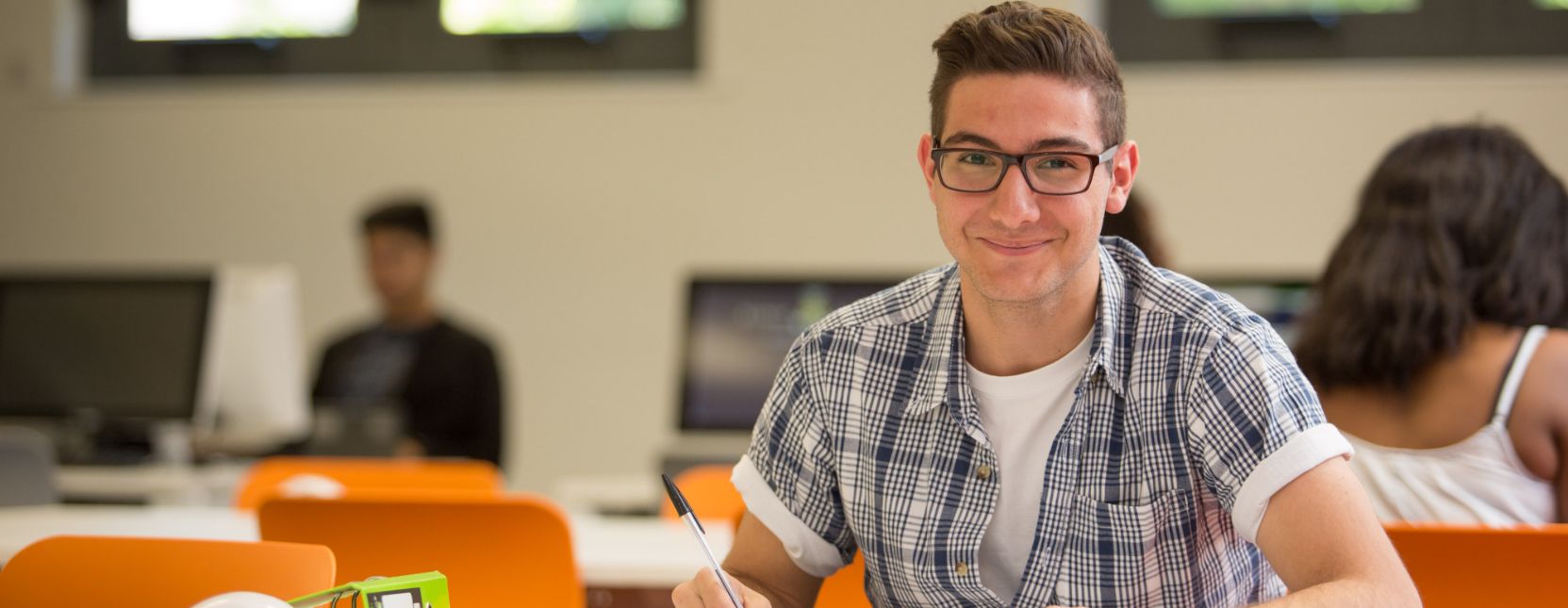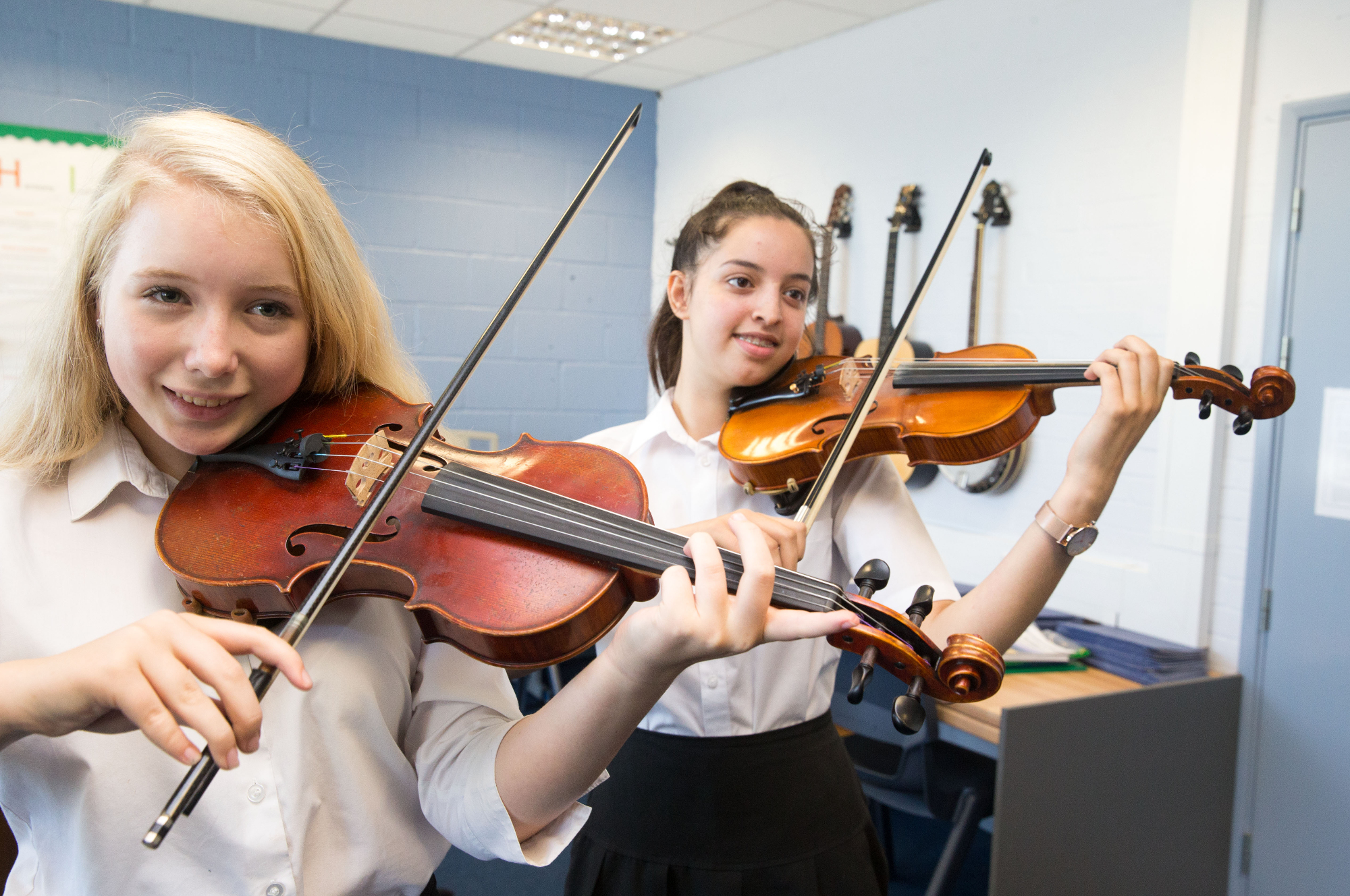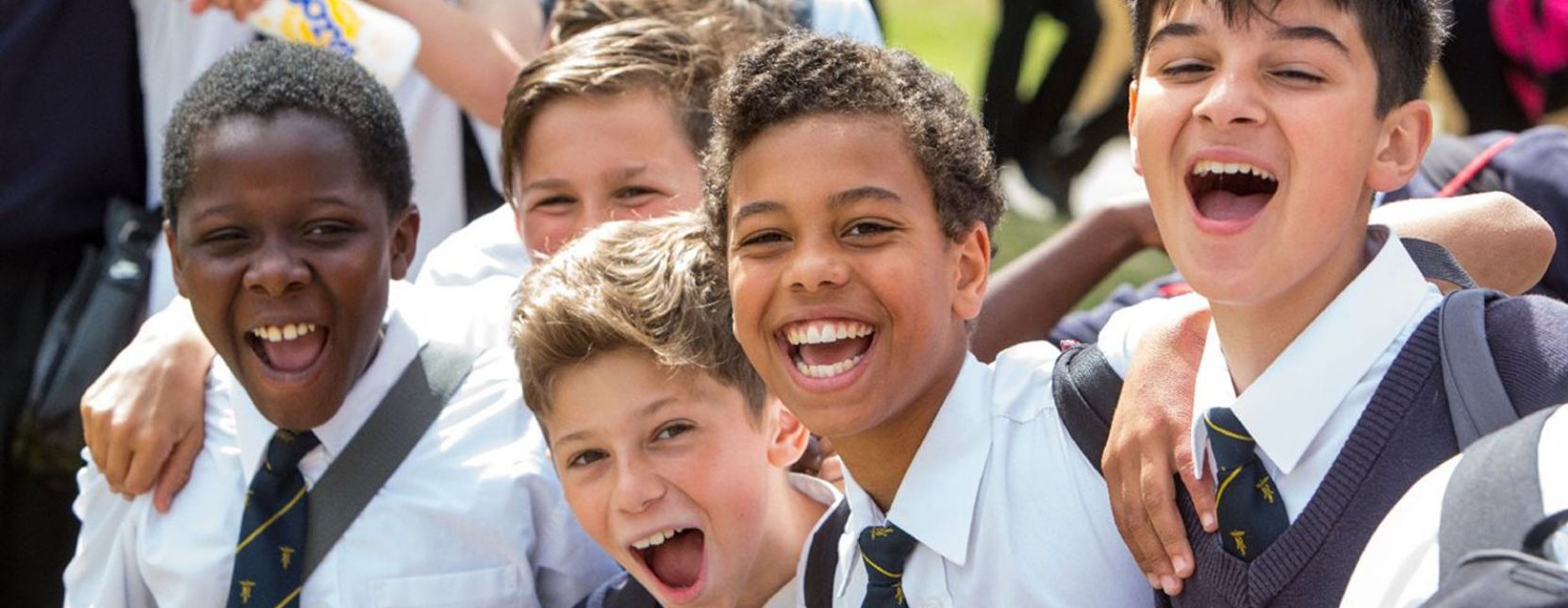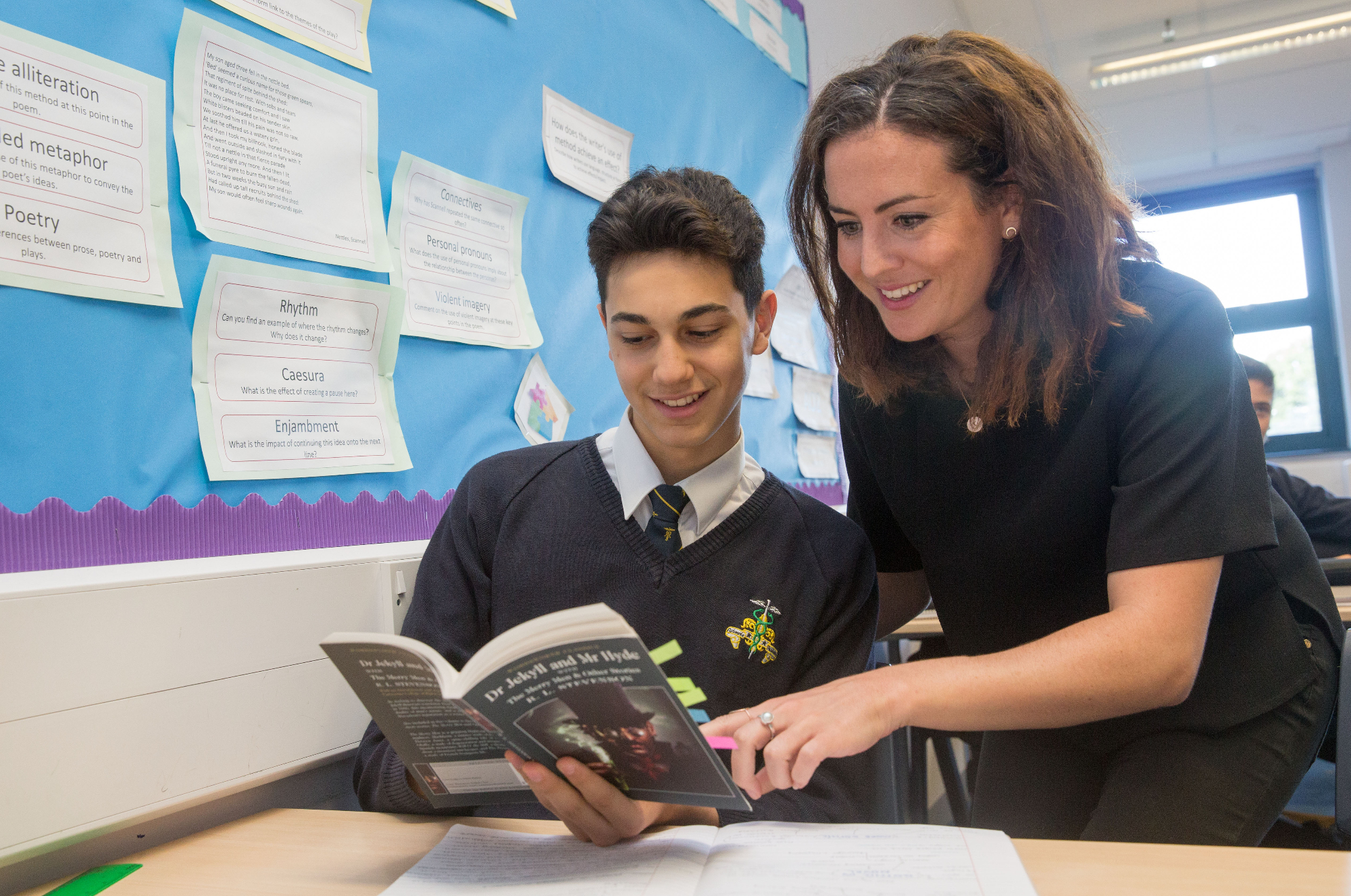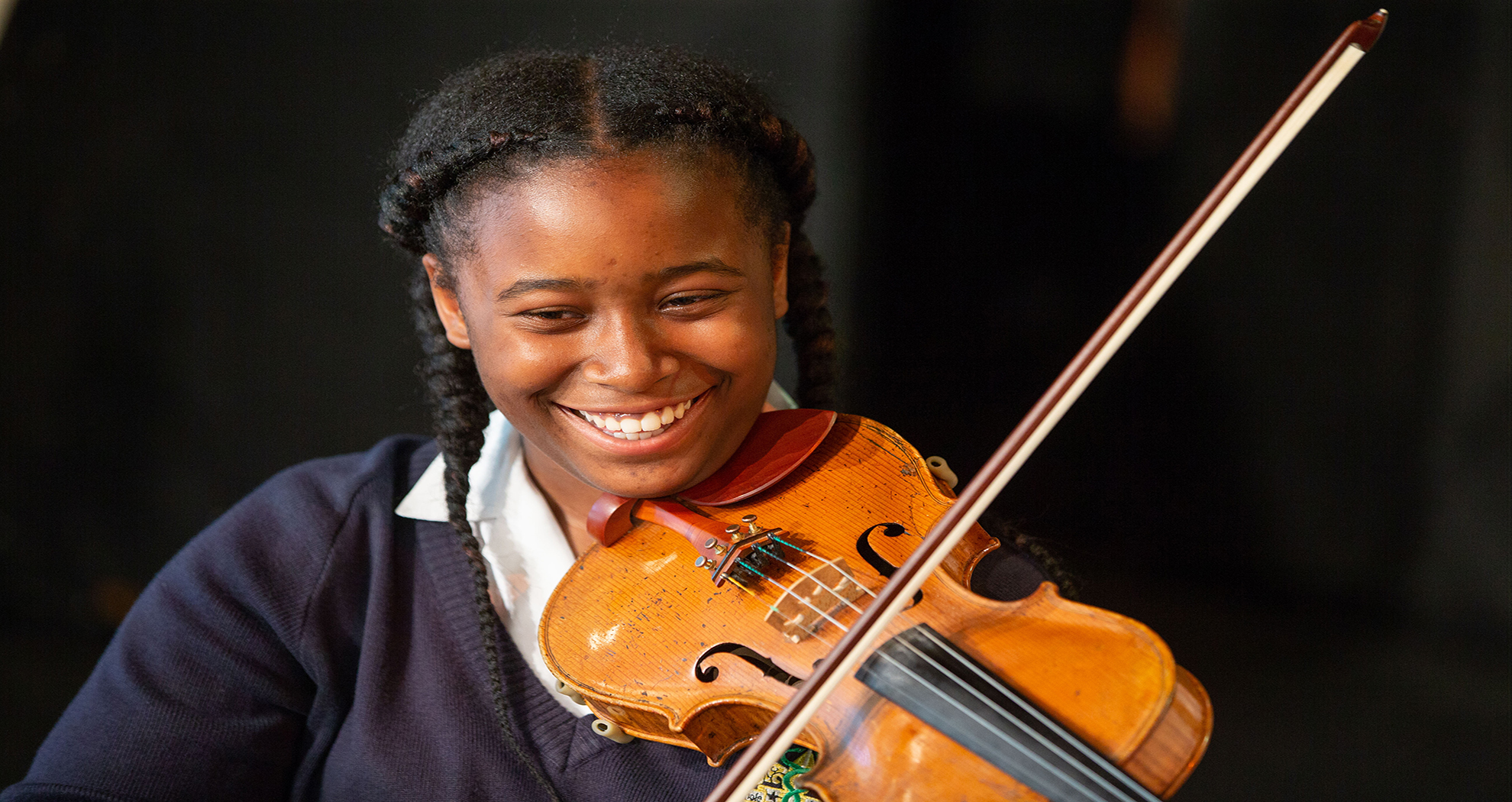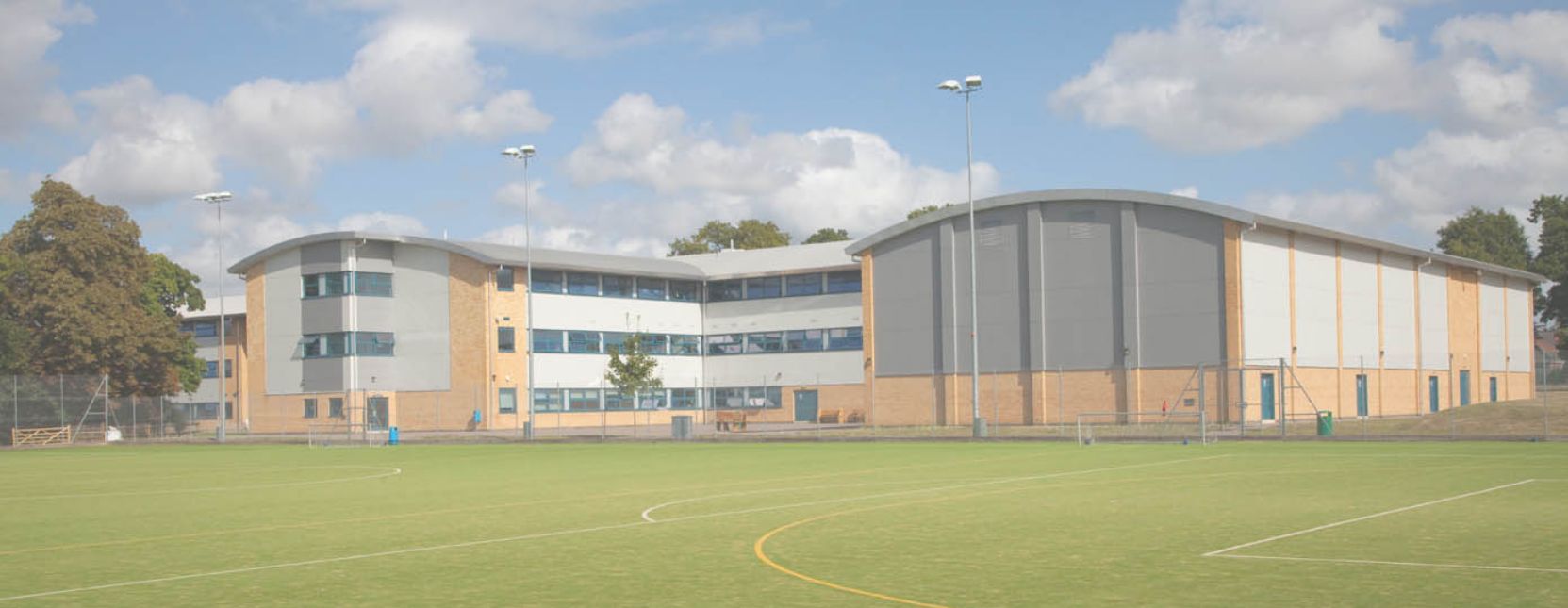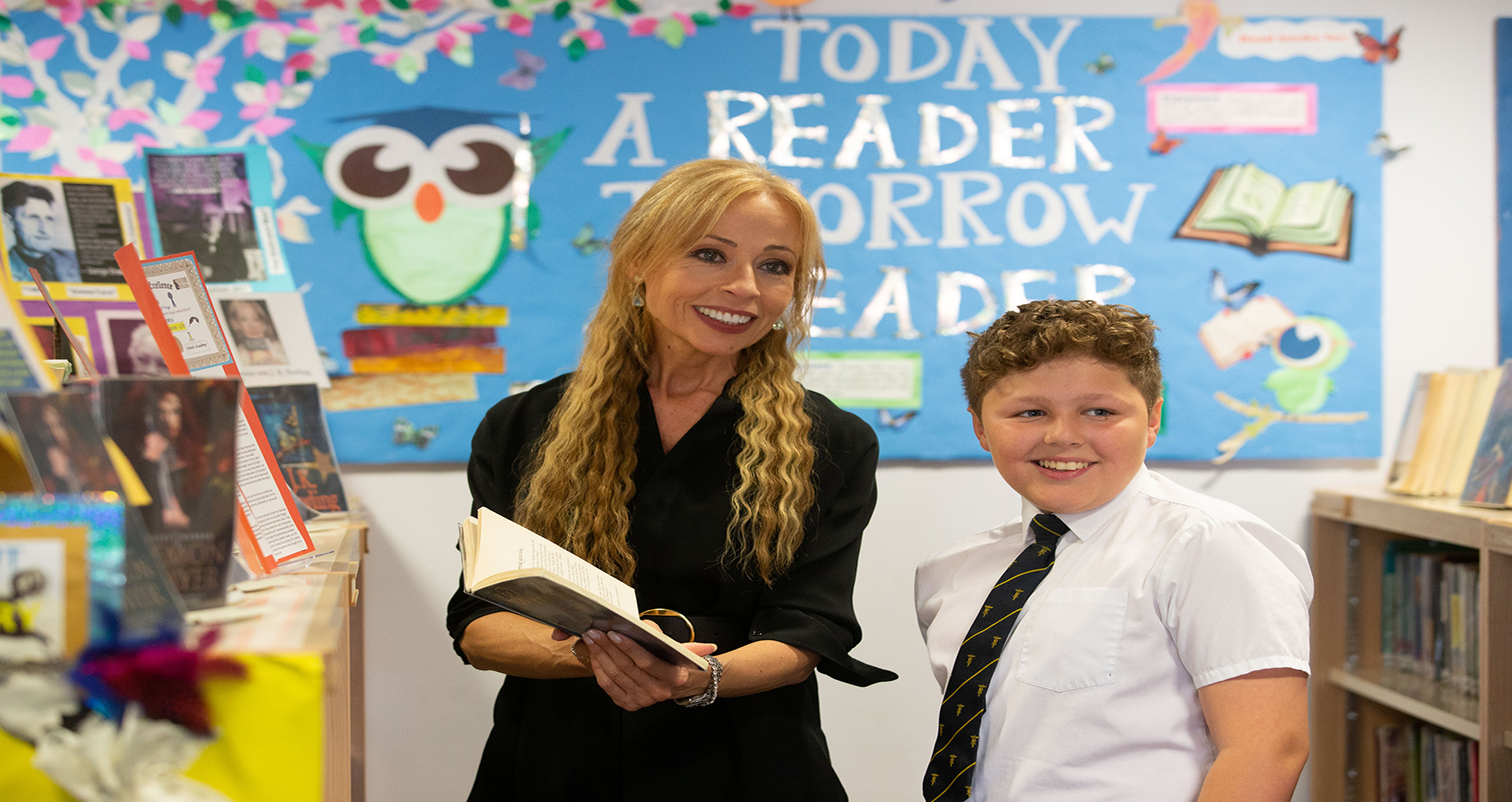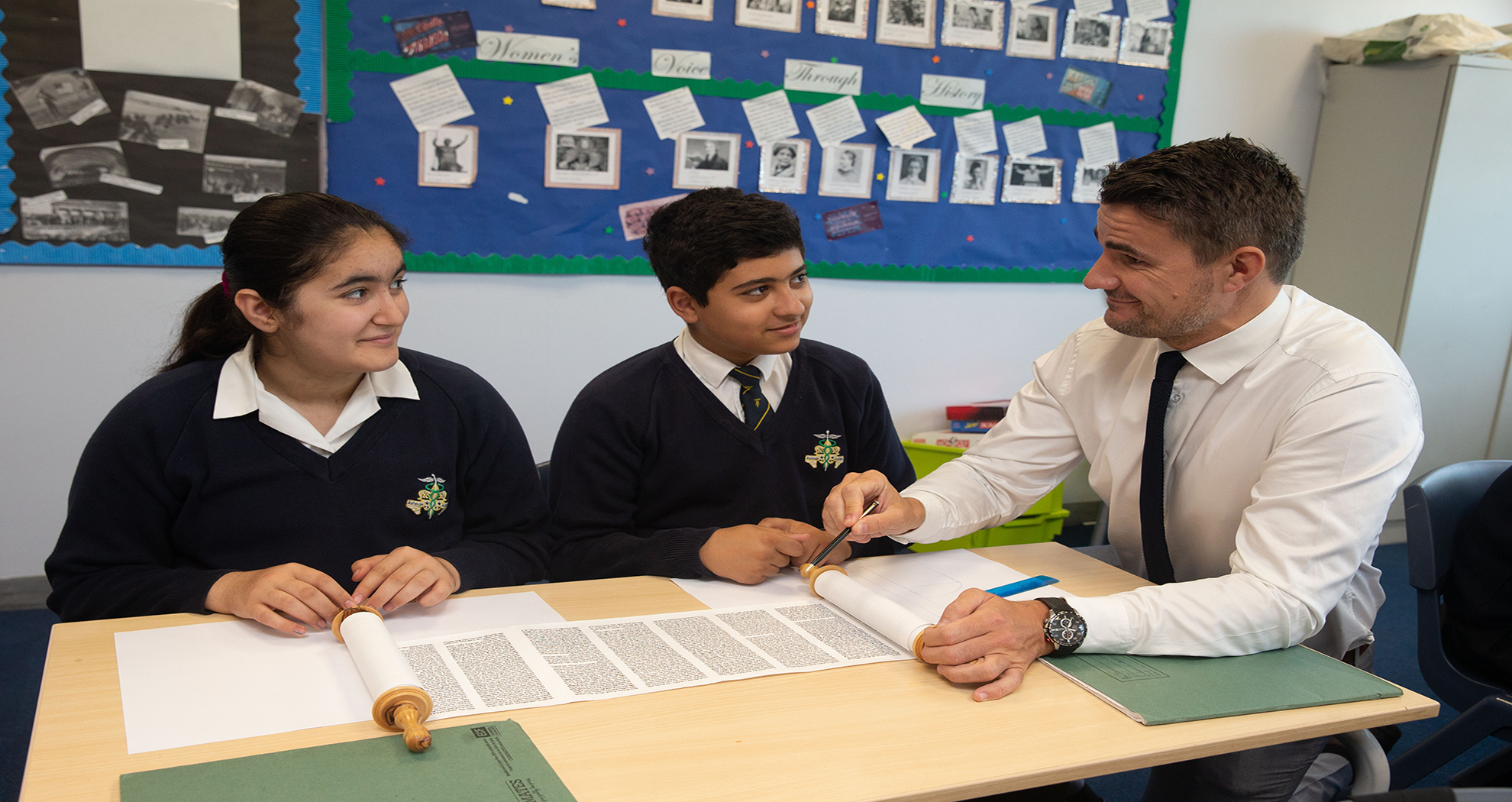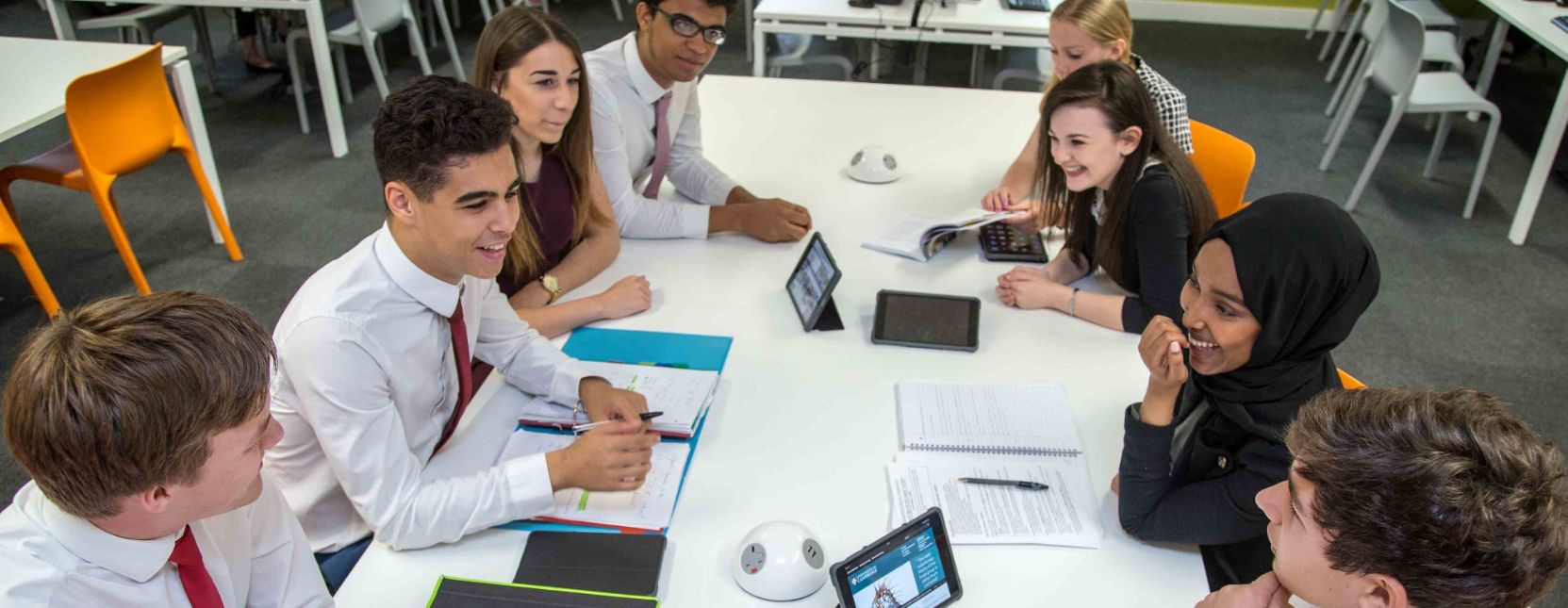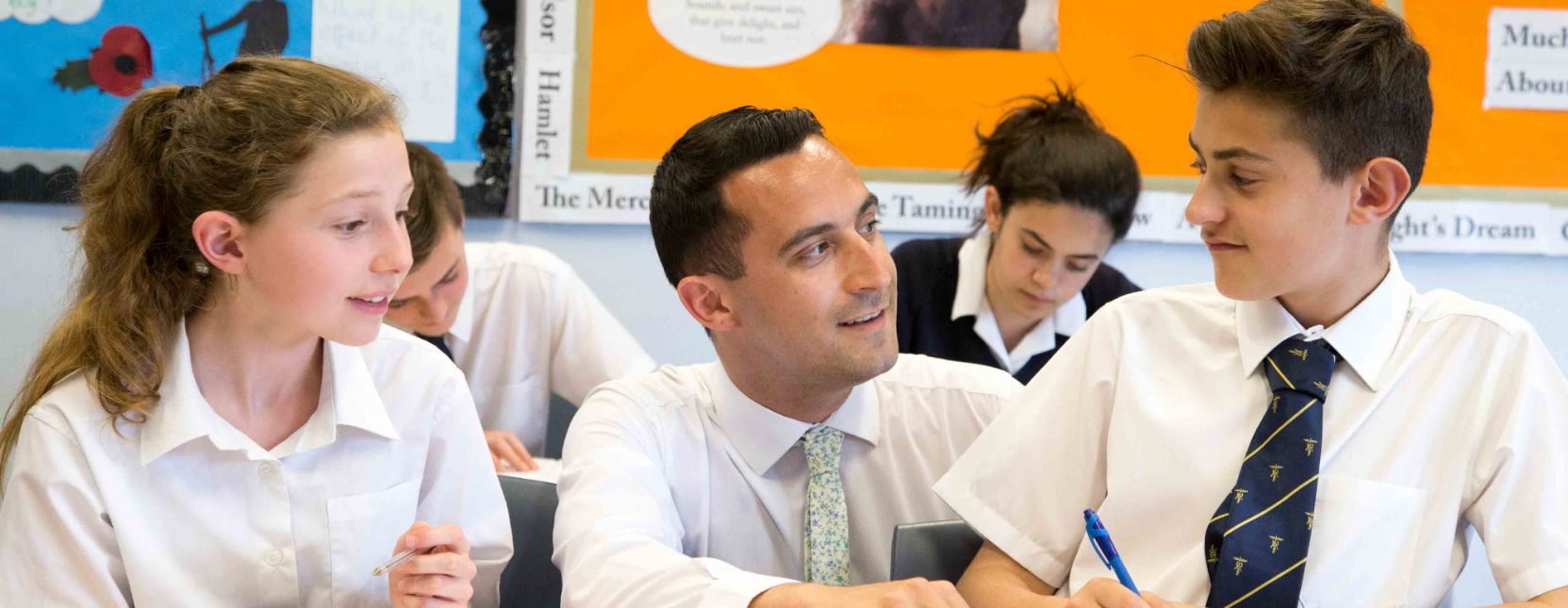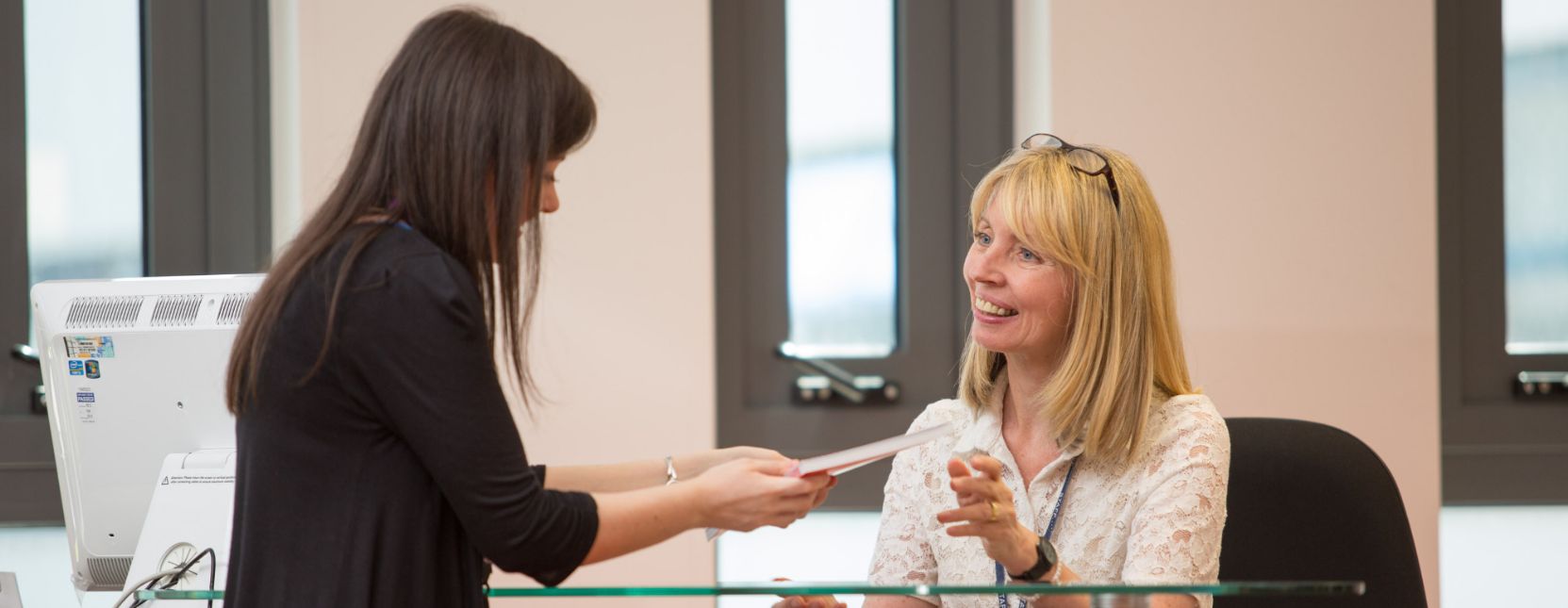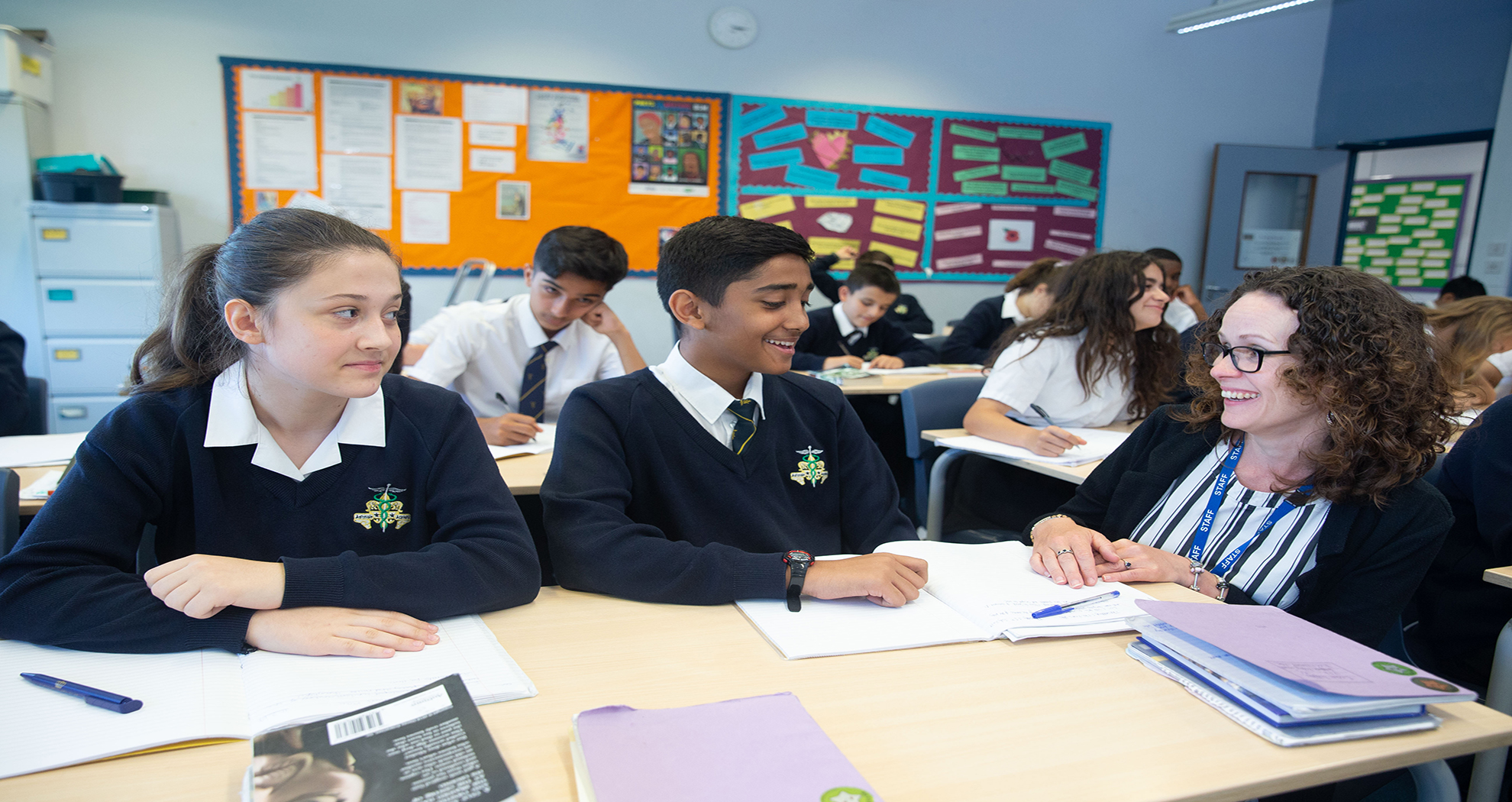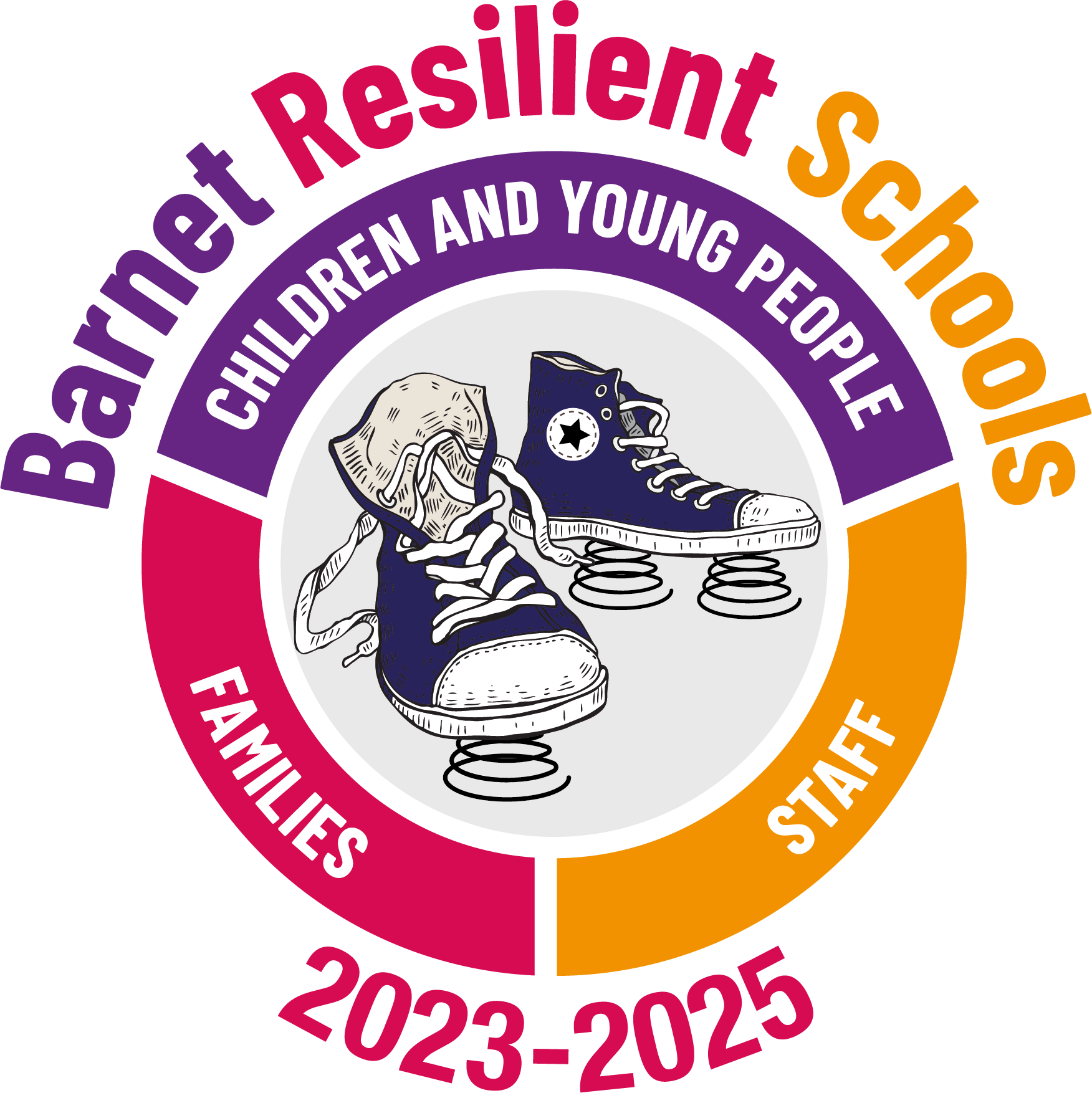Personal Development
What is Personal Development?
Personal Development helps pupils develop the knowledge, skills and attributes they need to keep themselves healthy and safe, and prepared for life and work with an impact on academic and non-academic outcomes.
In our latest Ofsted Inspection Personal Development was graded as Outstanding at Ashmole Academy:
“Provision for pupils’ personal development is comprehensive. Leaders run a wide range of opportunities for pupils to develop their understanding of the wider world. For example, leaders and staff work to ensure that all pupils recognise the harmful effects of sexual harassment, and know about the issues around consent. Similarly, pupils are taught about the Equality Act and about what it means to show respect and tolerance to others, regardless of background. After-school clubs, visiting speakers and trips extend pupils’ learning.”
How is personal development delivered at Ashmole?
By developing:
- Responsible, respectful and active citizens who are able to play their part and become actively involved in public life as adults.
- Pupils’ understanding of the fundamental British values of democracy, individual liberty, the rule of law and mutual respect and tolerance.
- Pupils’ character, which Ofsted defines as a set of positive personal traits, dispositions and virtues that informs their motivation and guides their conduct so that they reflect wisely, learn eagerly, behave with integrity and cooperate consistently well with others.
- Pupils’ confidence, resilience and knowledge so that they can keep themselves mentally healthy.
- Pupils’ understanding of how to keep physically healthy, eat healthily and maintain an active lifestyle, including giving ample opportunities for pupils to be active during the school day and through extra-curricular activities.
- Pupils’ age-appropriate understanding of healthy relationships through appropriate relationships and sex education.
By promoting:
- Equality of opportunity so that all pupils can thrive together, understanding that difference is a positive, not a negative, and that individual characteristics make people unique.
- An inclusive environment that meets the needs of all pupils, irrespective of age, disability, gender reassignment, race, religion or belief, sex or sexual orientation.
By enabling:
- Pupils to recognise online and offline risks to their wellbeing – for example, risks from criminal and sexual exploitation, domestic abuse, female genital mutilation, forced marriage, substance misuse, gang activity, radicalisation and extremism – and making them aware of the support available to them.
- Pupils to recognise the dangers of inappropriate use of mobile technology and social media.
By supporting:
- Readiness for the next phase of education, training or employment so that pupils are equipped to make the transition successfully.
By providing pupils with:
- An effective careers programme in line with the government’s statutory guidance on careers advice that offers pupils:
- Unbiased careers advice.
- Experience of work.
- Contact with employers to encourage pupils to aspire, make good choices and understand what they need to do to reach and succeed in the careers to which they aspire.
For further detail:
Please click on our linked pages on the left in the Personal Development area to find out more information about the different opportunities, skills and qualities we are providing for our students beyond their academic curriculum subjects.

